- Category Archives AP World
-
-
AP 24.1118 Nuclear Weapons – Nuclear Proliferation
pro·lif·er·a·tion (noun)
– rapid increase in numbers.
“a continuing threat of nuclear proliferation”
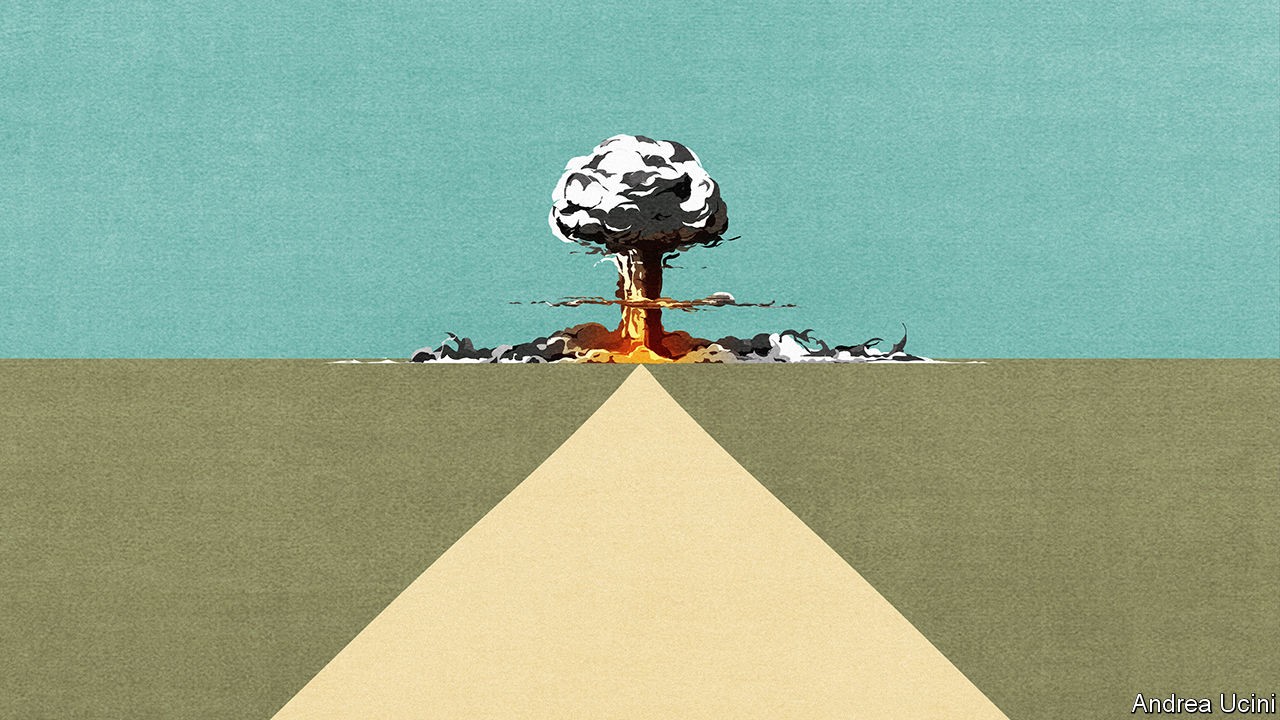
Continue reading Post ID 28936
-
AP 23.172 Religion – The Catholic Church
The Roman Catholic Church
The Catholic Church is the oldest institution in the western world. It can trace its history back almost 2000 years.
Today there are more than a billion Catholics in the world, spread across all five continents with particular concentrations in southern Europe, the United States, the Philippines and the countries of Central and South America. What binds this diverse group of people together is their faith in Jesus Christ and their obedience to the papacy.
Continue reading Post ID 28936
-
GOV 25.85 The Best and Worst Countries to be a Woman
The best and worst countries to be a woman
An exclusive first look at the upcoming Women, Peace, and Security Index shows how these countries might surprise you—and why it’s strategic to care.Continue reading Post ID 28936
-
AP 24.1019 Before WWII – Germany (Adolf Hitler)
“He alone, who owns the youth, gains the future.”
“Demoralize the enemy from within by surprise, terror, sabotage, assassination. This is the war of the future.”
“Make the lie big, make it simple, keep saying it, and eventually they will believe it.”
 “Führer”
“Führer”Continue reading Post ID 28936
-
AP 24.1014 Before WWII – Italy (Benito Mussolini)
“Democracy is beautiful in theory; in practice it is a fallacy. You in America will see that some day.”
“The truth is that men are tired of liberty.”
“War is to man what maternity is to a woman. From a philosophical and doctrinal viewpoint, I do not believe in perpetual peace.”
Continue reading Post ID 28936
-
AP 24.1011 Before WWII – Why was Spain Neutral in WW2?
CIVIL WAR!
After years of political violence and strife, a military coup in 1936 finally brings Spain into all-out civil war. Mass executions and revolutionary upheaval, as the eyes of the world focus on the Iberian Peninsula.
Continue reading Post ID 28936
-
AP 24.995 What Is Fascism and Totalitarianism?
fas·cism – noun
a political philosophy, movement, or regime (such as that of the Fascisti) that exalts nation and often race above the individual and that stands for a centralized autocratic government headed by a dictatorial leader, severe economic and social regimentation, and forcible suppression of oppositionto·tal·i·tar·i·an·ism – noun
a system of government that is centralized and dictatorial and requires complete subservience to the state.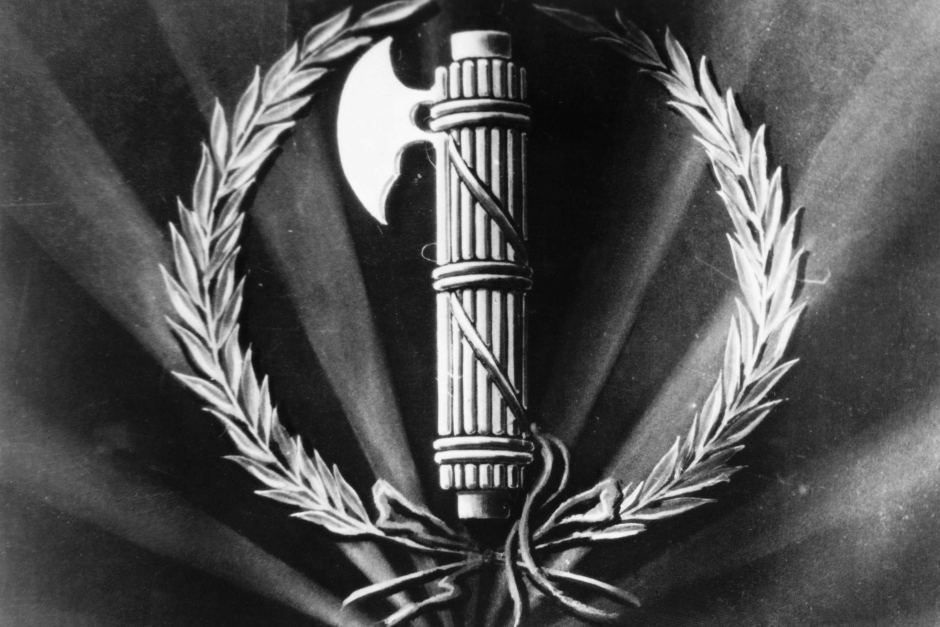
Continue reading Post ID 28936
-
AP 24.754 Khan – Capitalism, Socialism, and Communism (Compare and Contrast)
The Industrial Revolution created economic, political, and social transformations in Europe.
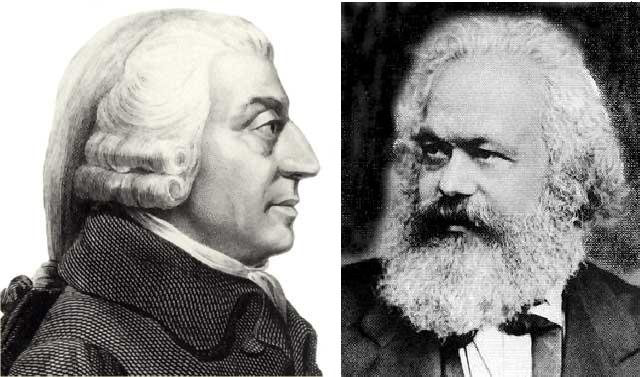
Continue reading Post ID 28936
-
AP 24.752 So What is Communism?
Com·mu·nism (noun)
– a political theory derived from Karl Marx, advocating class war and leading to a society in which all property is publicly owned and each person works and is paid according to their abilities and needs.
– doctrine based on revolutionary Marxian socialism and Marxism-Leninism that was the official ideology of the U.S.S.R.
– a totalitarian system of government in which a single authoritarian party controls state-owned means of production
– a final stage of society in Marxist theory in which the state has withered away and economic goods are distributed equitably
– communist systems collectively eliminating of private property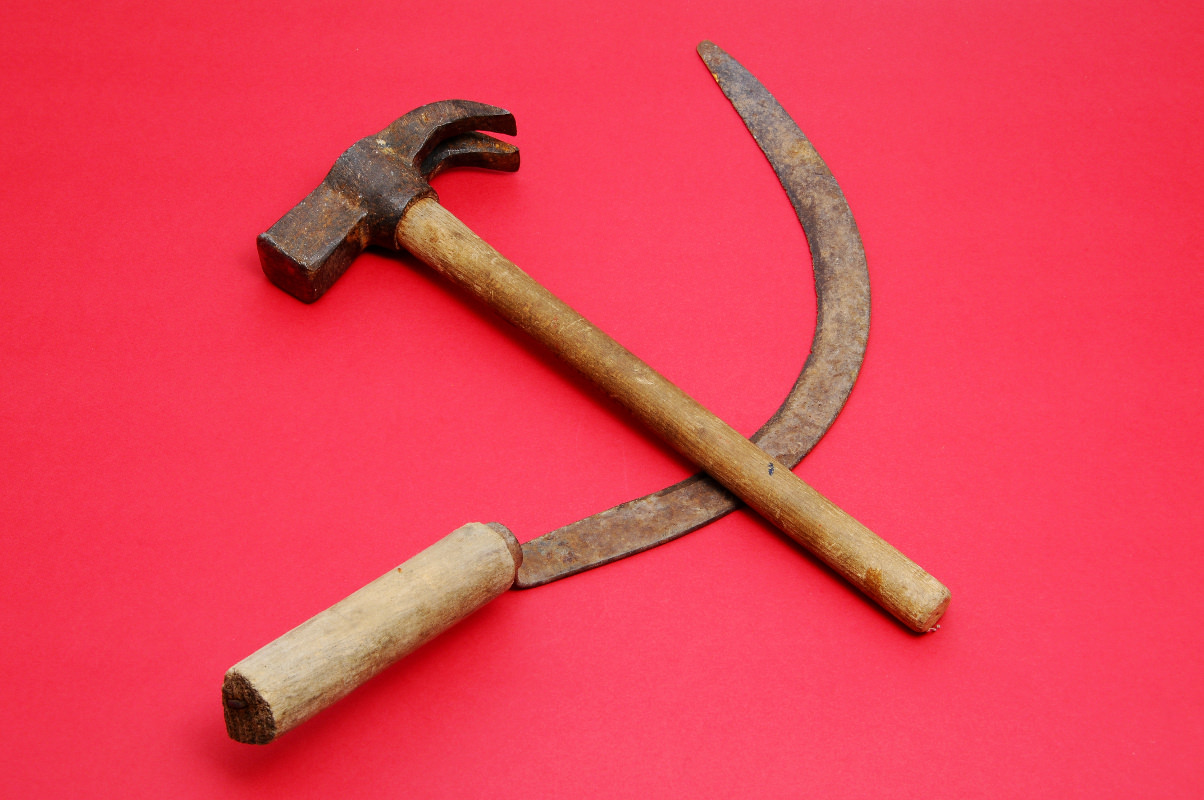 Continue reading Post ID 28936
Continue reading Post ID 28936
-
AP 24.750 What Is Socialism?
Socialism (noun)
– a political and economic theory (policy or practice) of social organization that advocates that the means of production, distribution, and exchange should be owned or regulated by the community as a whole.
– (in Marxist theory) a transitional social state between the overthrow of capitalism and the realization of communism.Continue reading Post ID 28936
-
AP 24.749 Karl Marx
Karl Marx (1818-1883), philosopher and German politician.

“Proletarier aller Länder vereinigt Euch!”
“Workers of the world, unite!” or “Proletarians of all countries, unite!”Continue reading Post ID 28936
-
AP 23.343 Absolutism – The Russian Czar (Tsarina) – (Catherine the Great)
Catherine II was empress of Russia, and she led her country into the political and cultural life of Europe, carrying on the work begun by Peter the Great. She was an ENLIGHTENED MONARCH!
Under her reign, Russia expanded its territories and modernized, following the lead of Western Europe.
Continue reading Post ID 28936
-
AP 23.327 Absolutism – France (Versailles)
Before the French Revolution
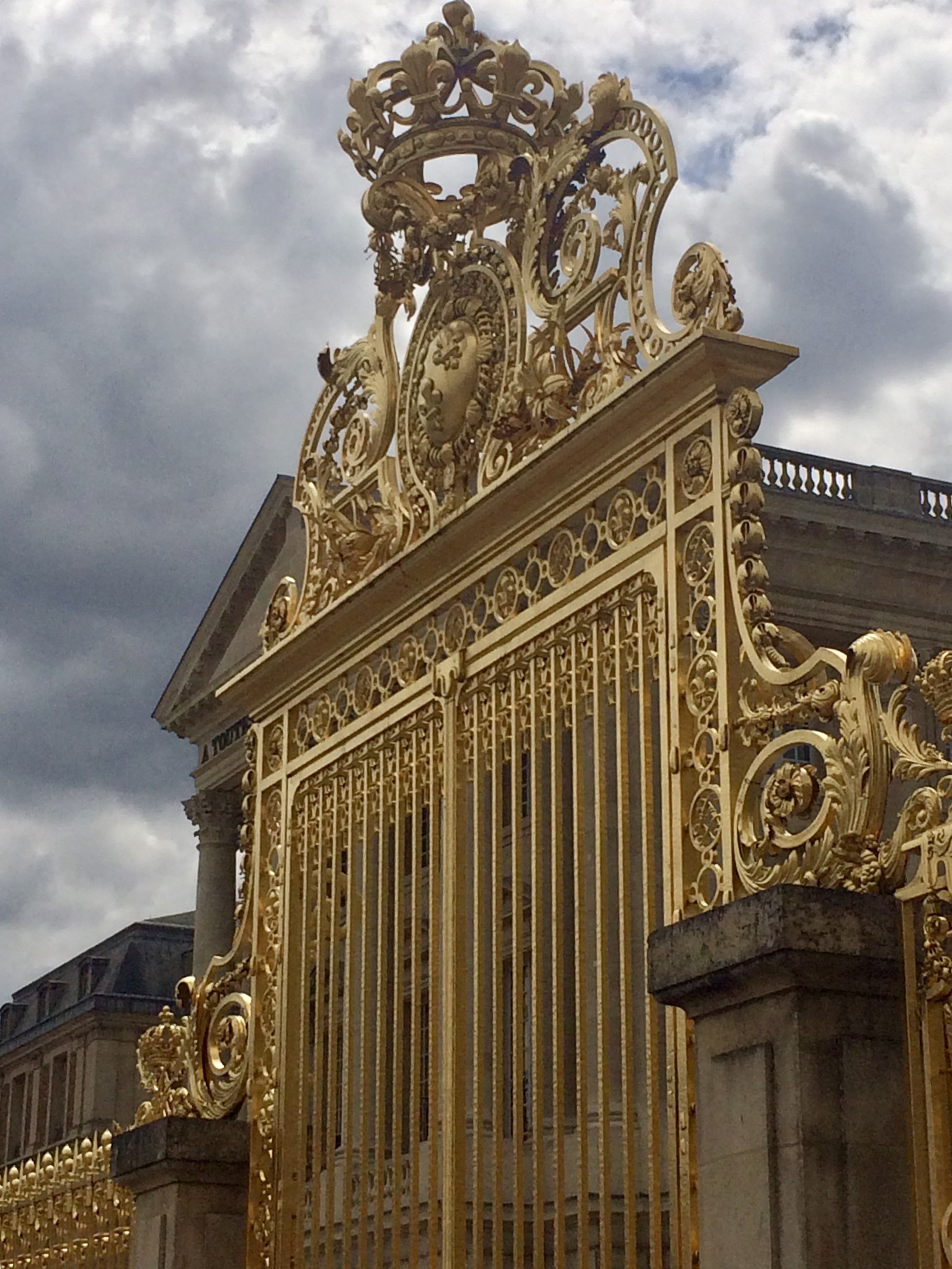 Illustrative Example (p 70) – Arts and Monumental Architecture: (European palaces such as Versailles)
Illustrative Example (p 70) – Arts and Monumental Architecture: (European palaces such as Versailles)Continue reading Post ID 28936
-
AP 23.326 Absolutism – The Attitude of Absolute Monarchy
“This, Madame, is Versailles”
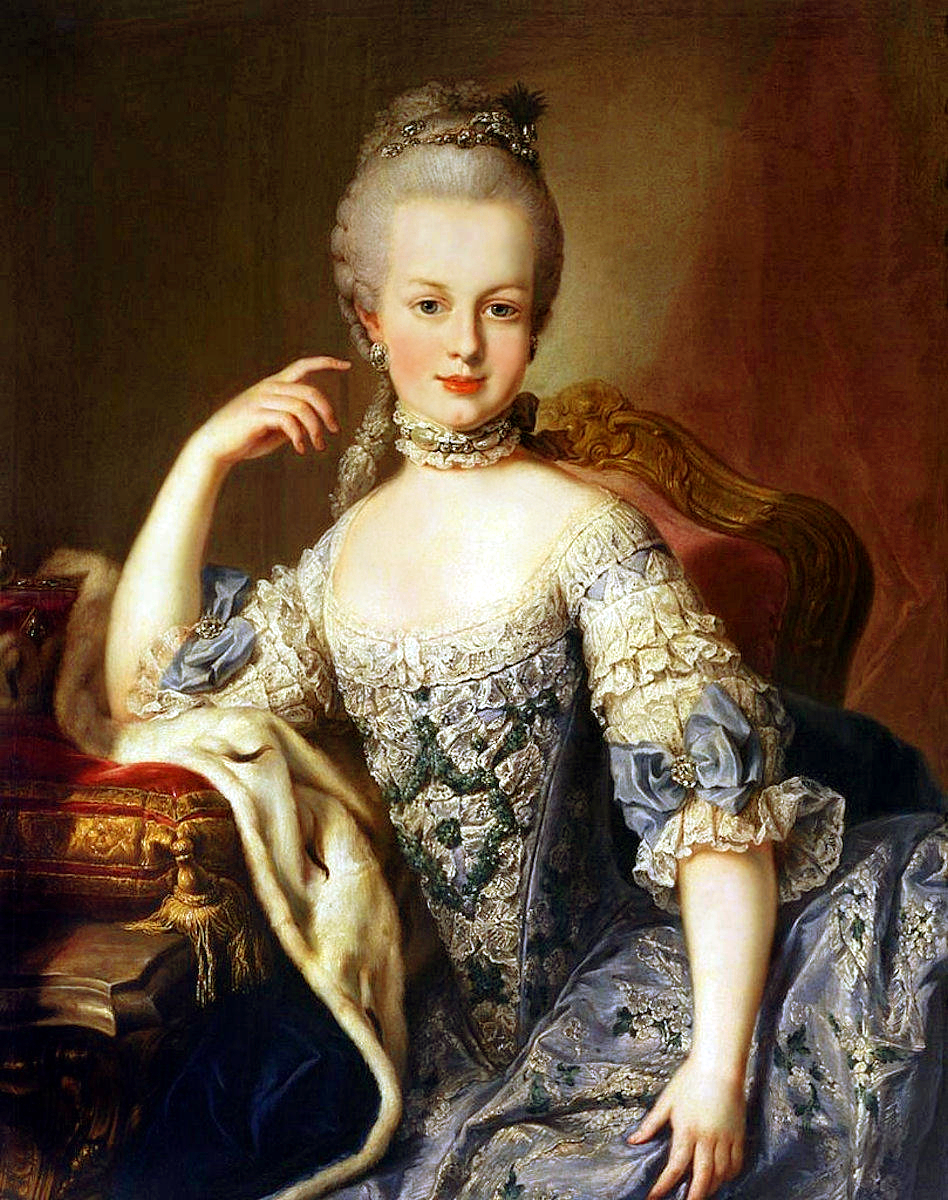
What is Absolute Monarchy like?
Continue reading Post ID 28936
-
AP 23.325 Absolutism – What is it?
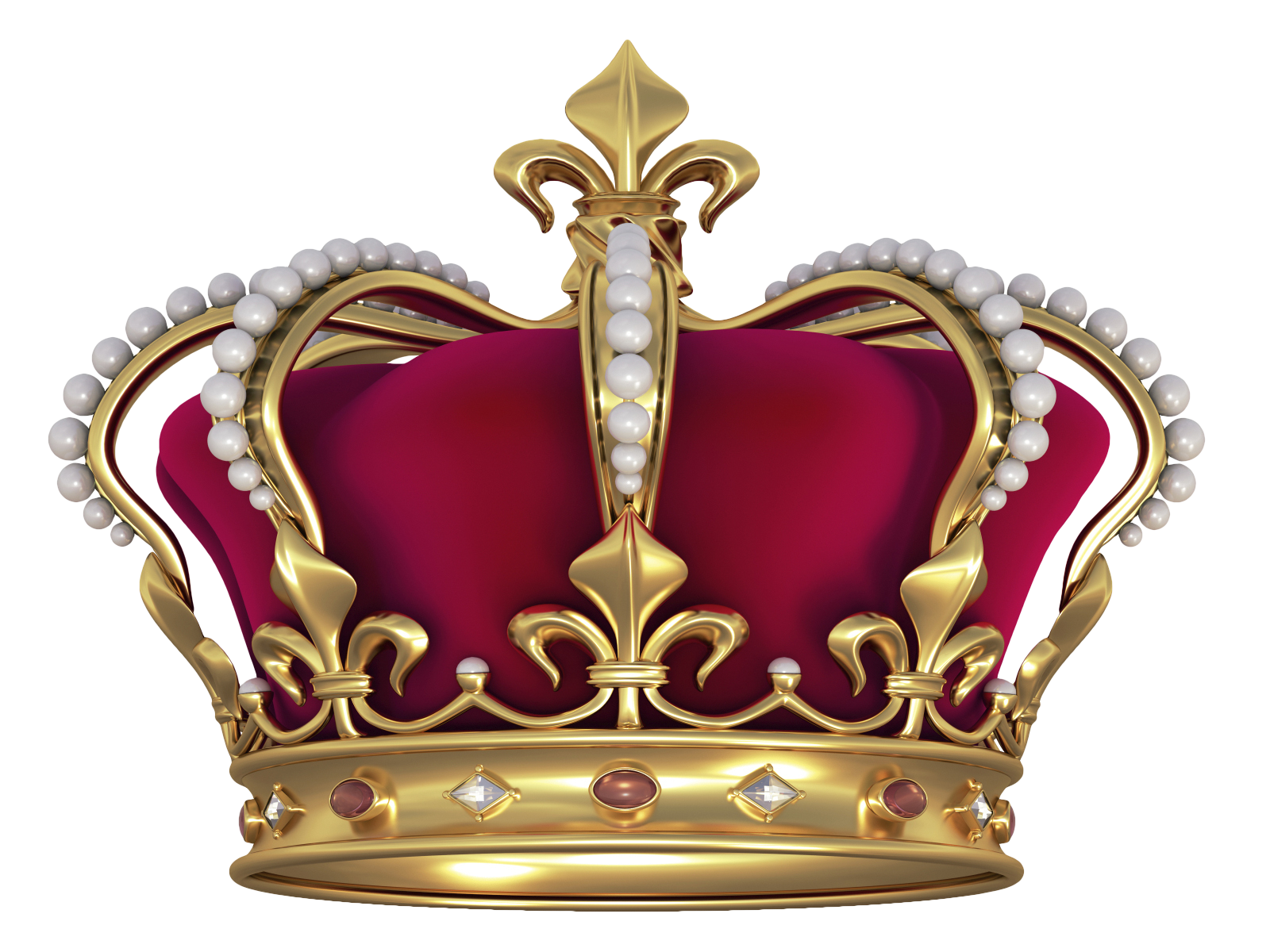
Absolute Monarchy
Continue reading Post ID 28936
-
AP 23.192 Medieval Europe – The Code of Chivalry
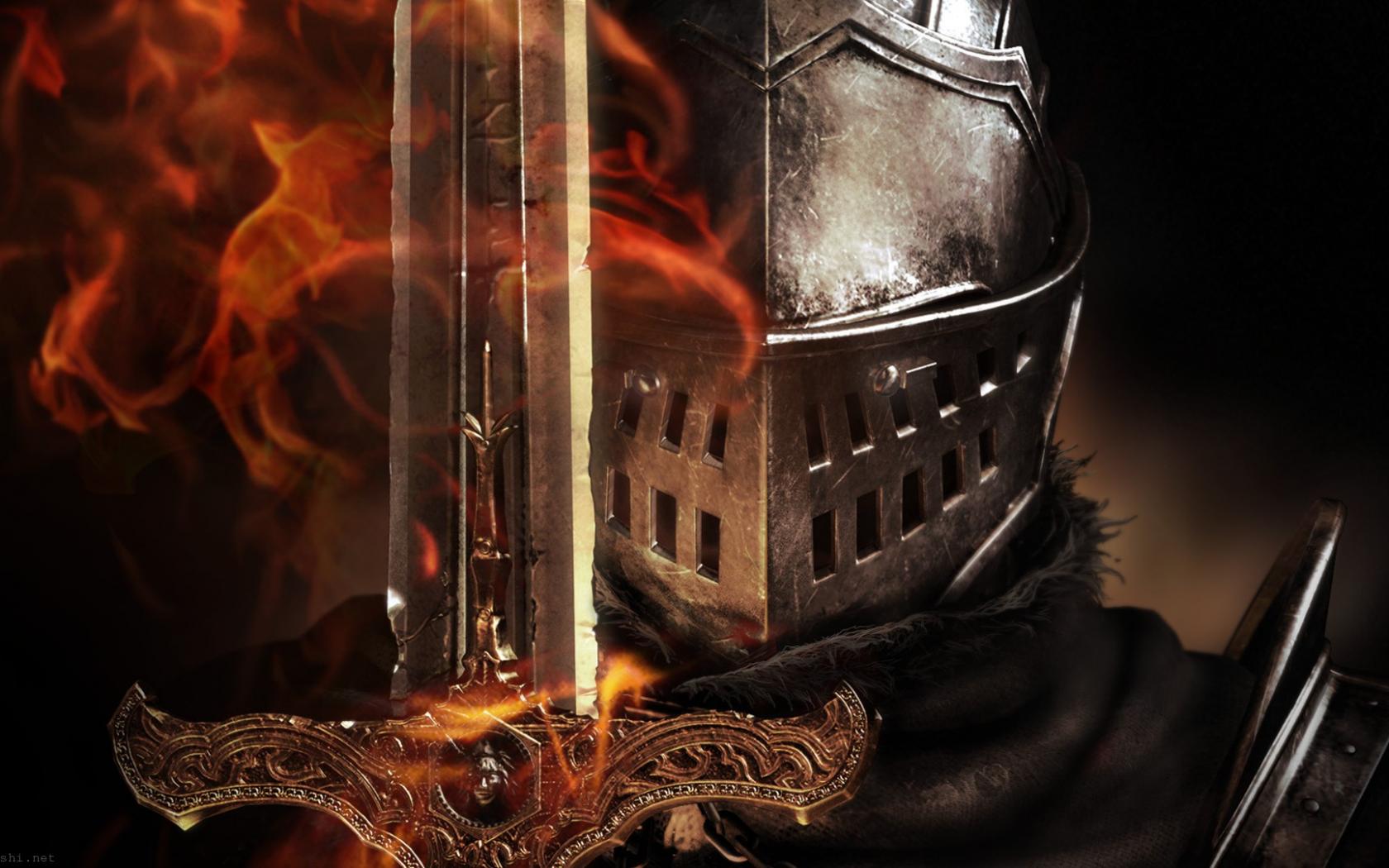 Knights Code of Chivalry dating back to the Dark Ages
Knights Code of Chivalry dating back to the Dark Ages
The Knights Code of Chivalry was part of the culture of the Middle Ages and was understood by all. A Code of Chivalry was documented in ‘The Song of Roland’ in the Middle Ages Knights period of William the Conqueror who ruled England from 1066. The ‘Song of Roland’ describes the 8th century Knights of the Dark Ages and the battles fought by the Emperor Charlemagne. The code has since been described as Charlemagne’s Code of Chivalry. The ideals described in the Code of Chivalry were emphasized by the oaths and vows that were sworn in the Knighthood ceremonies of the Middle Ages and Medieval era. These sacred oaths of combat were combined with the ideals of chivalry and with strict rules of etiquette and conduct.
Continue reading Post ID 28936
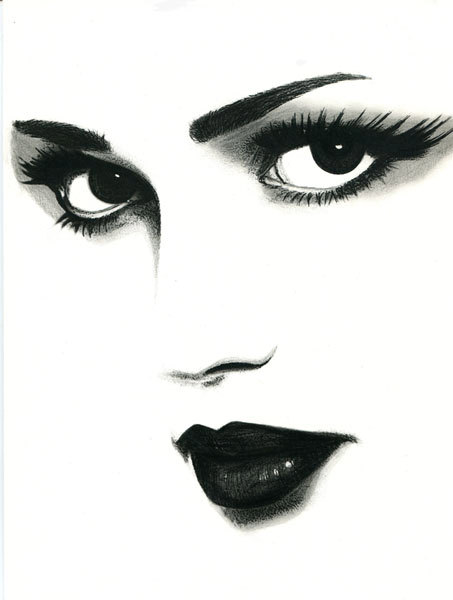
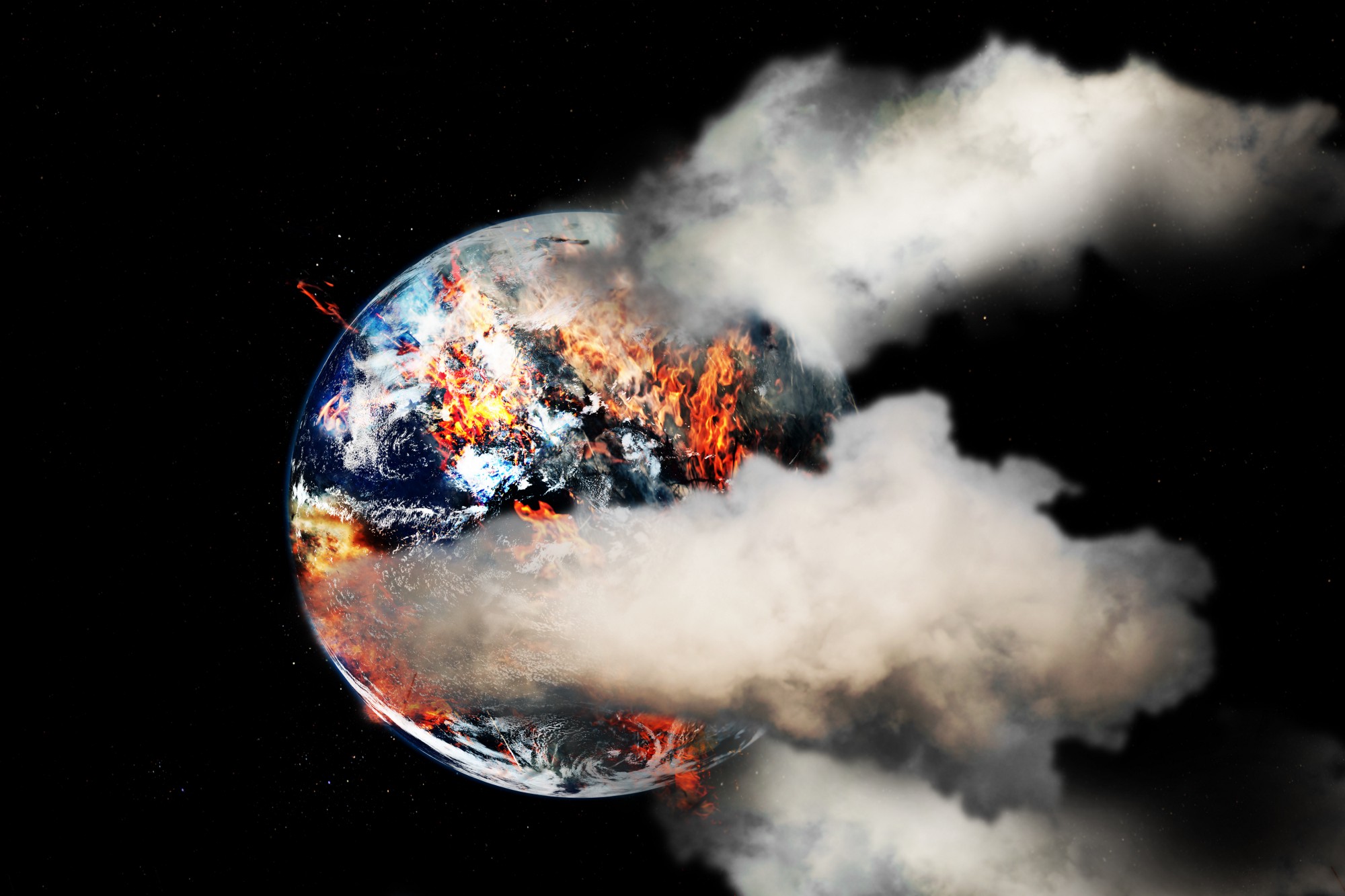

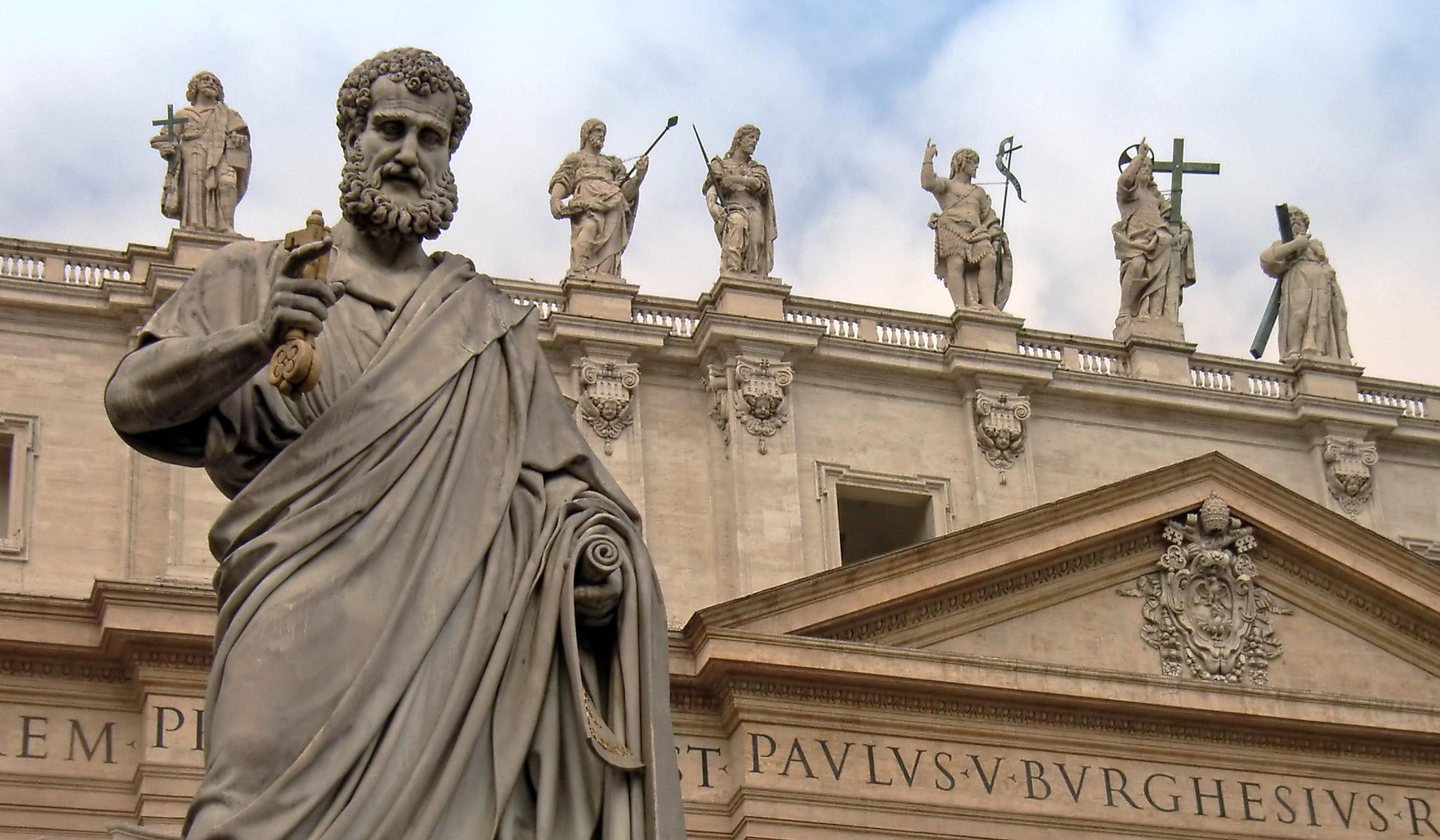
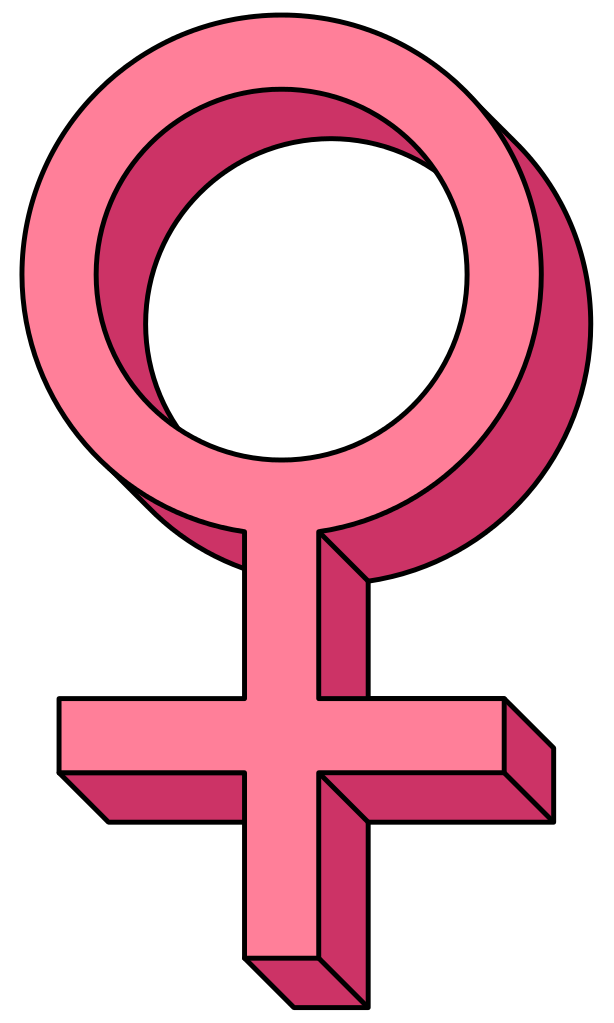
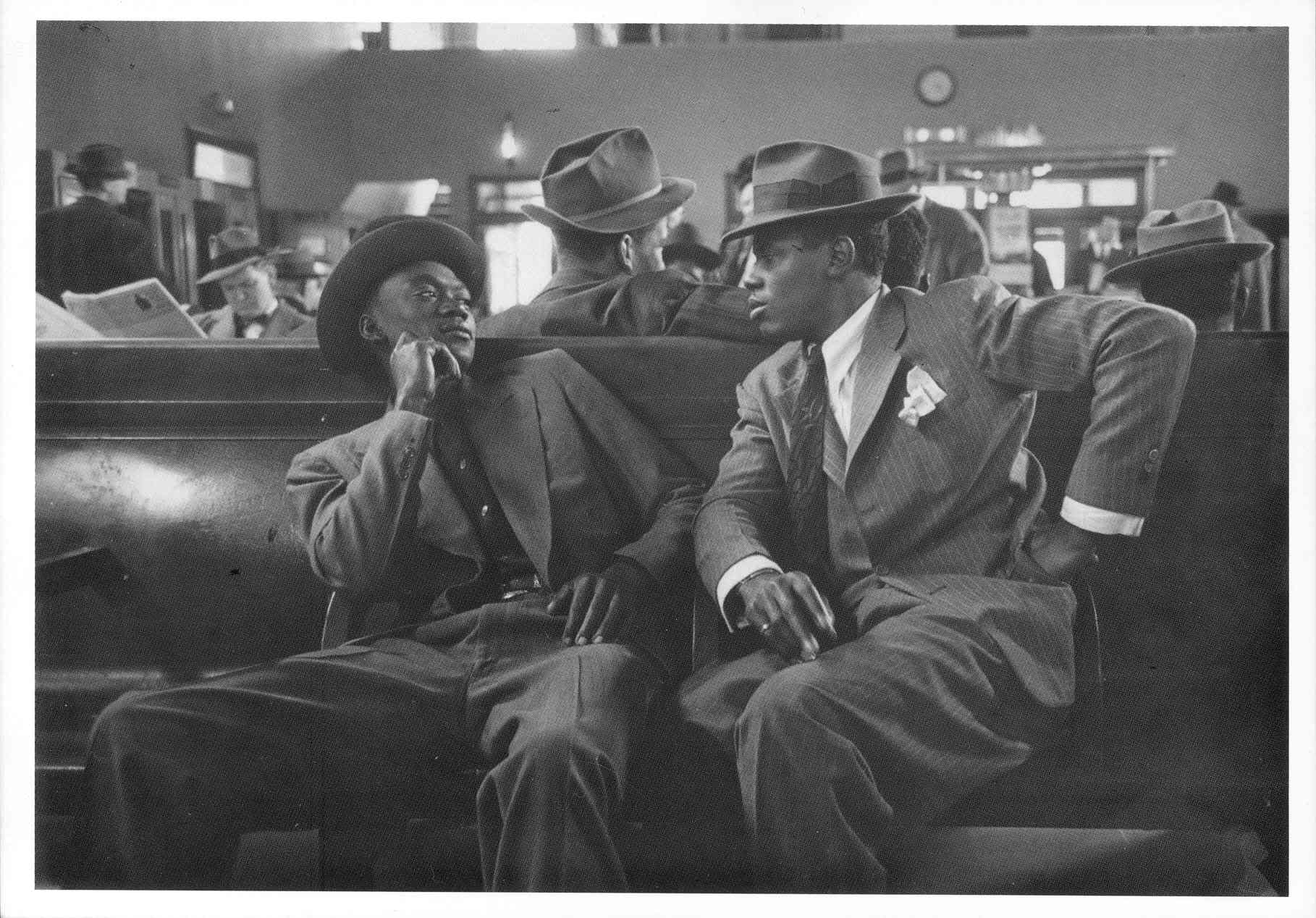
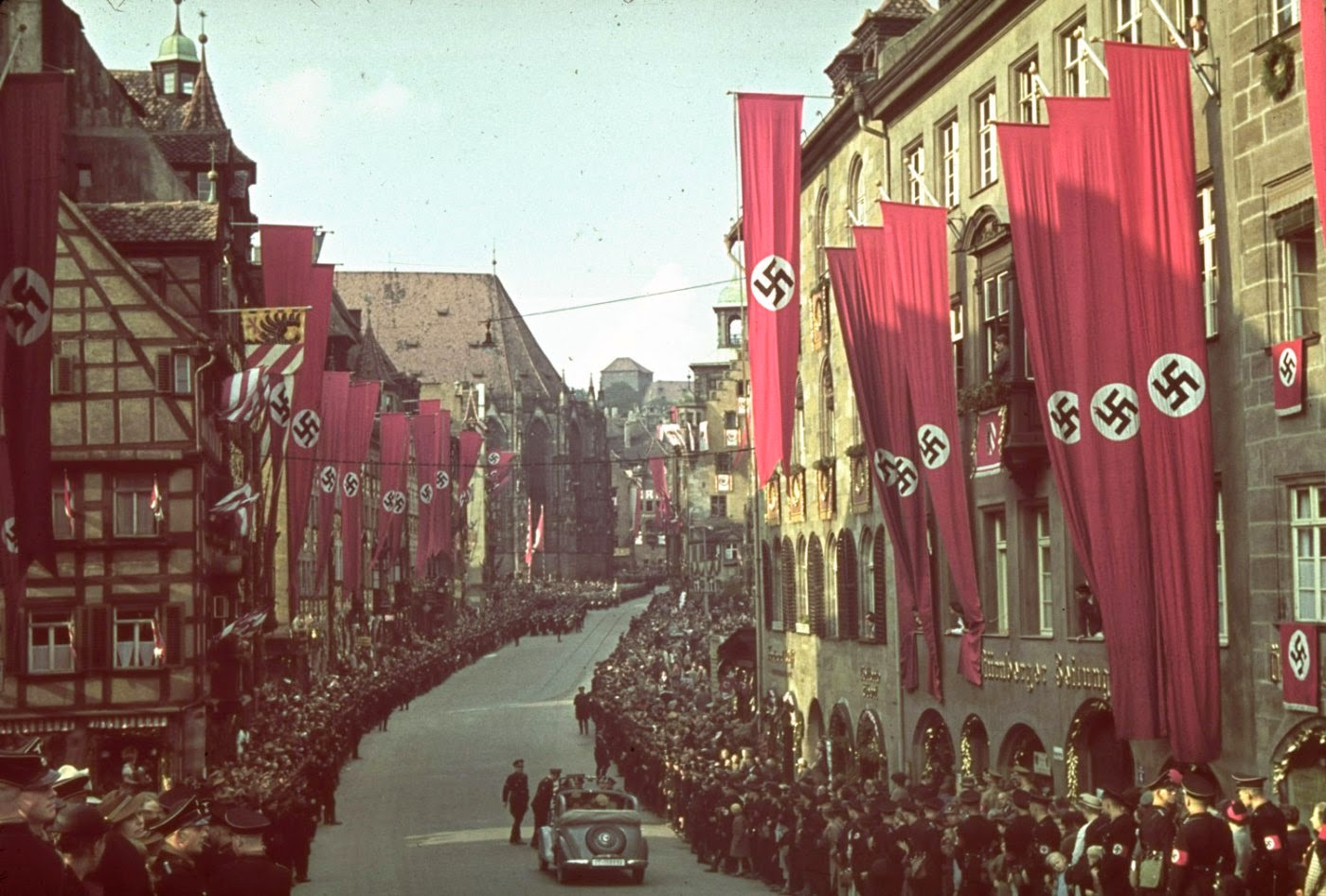

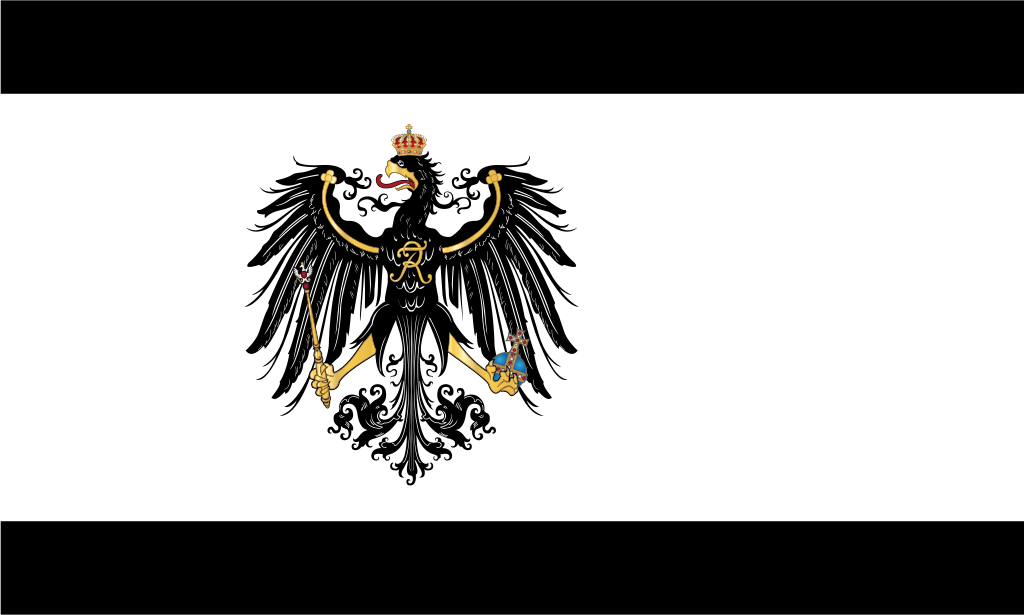
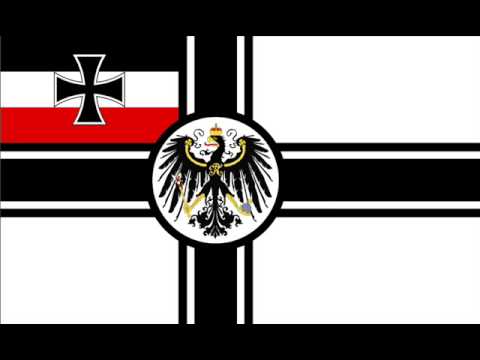
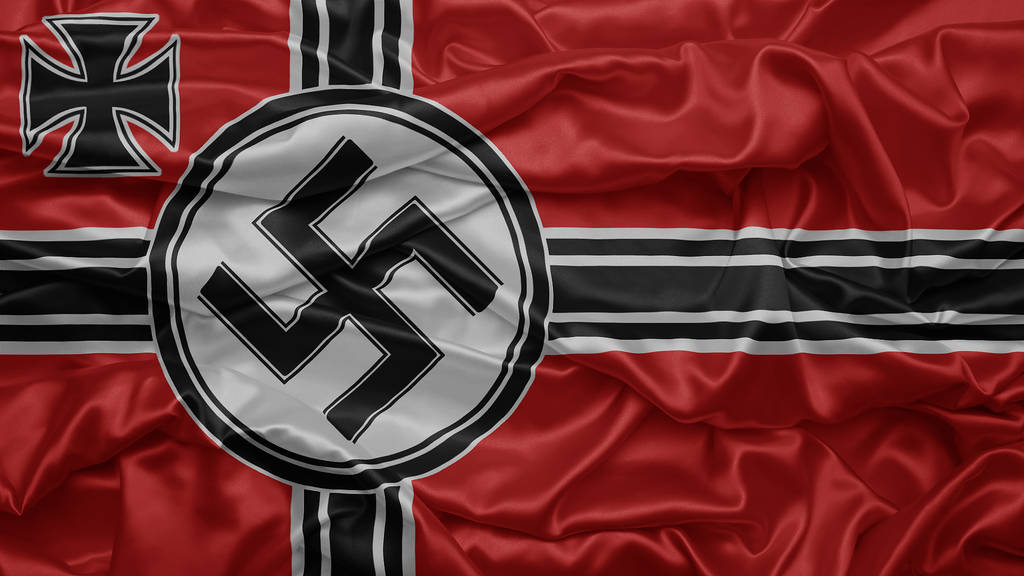
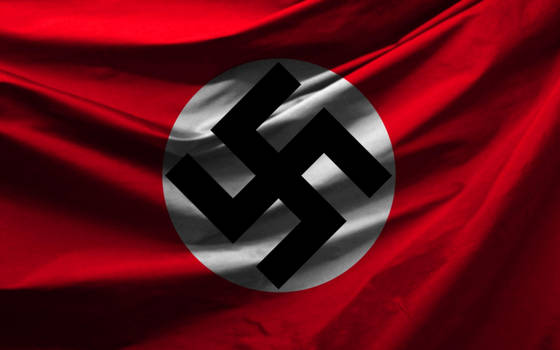
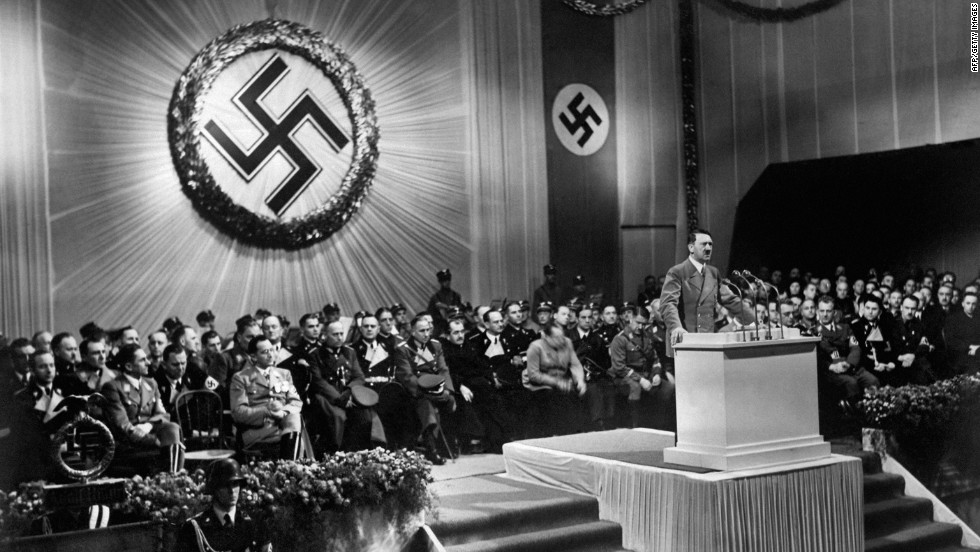
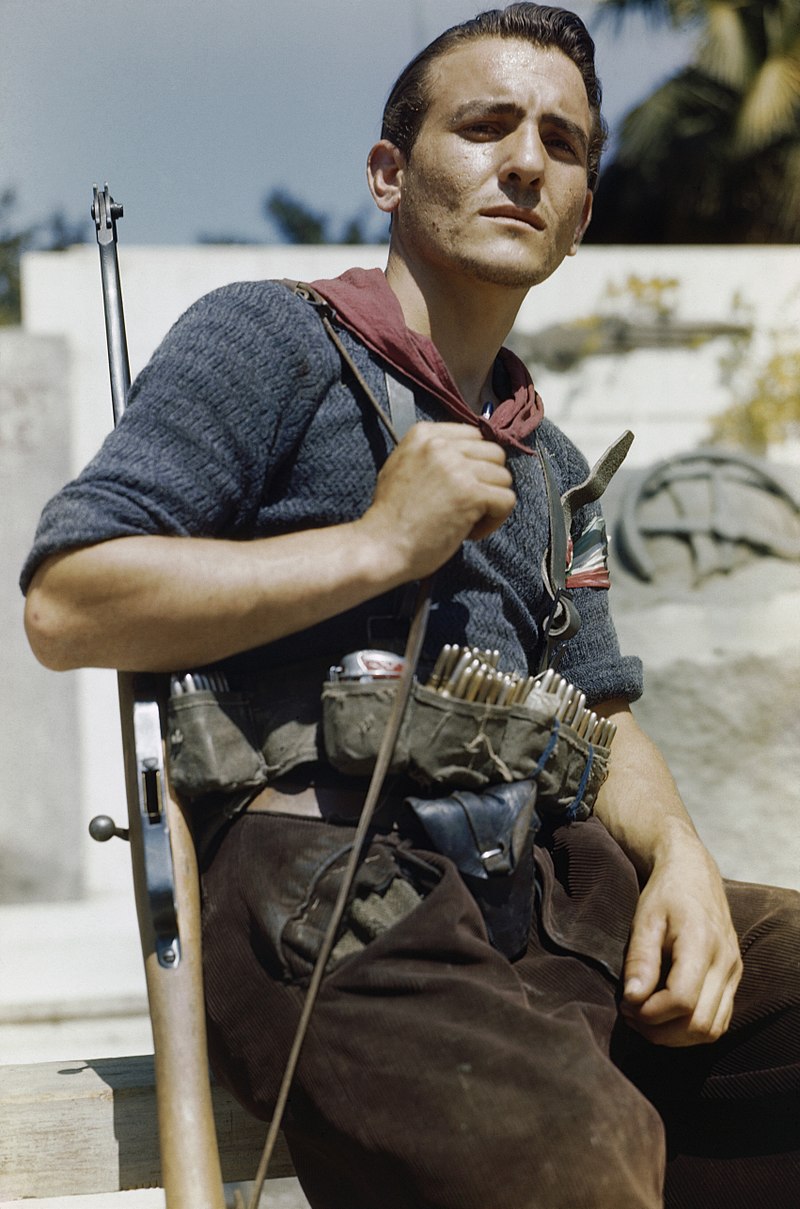
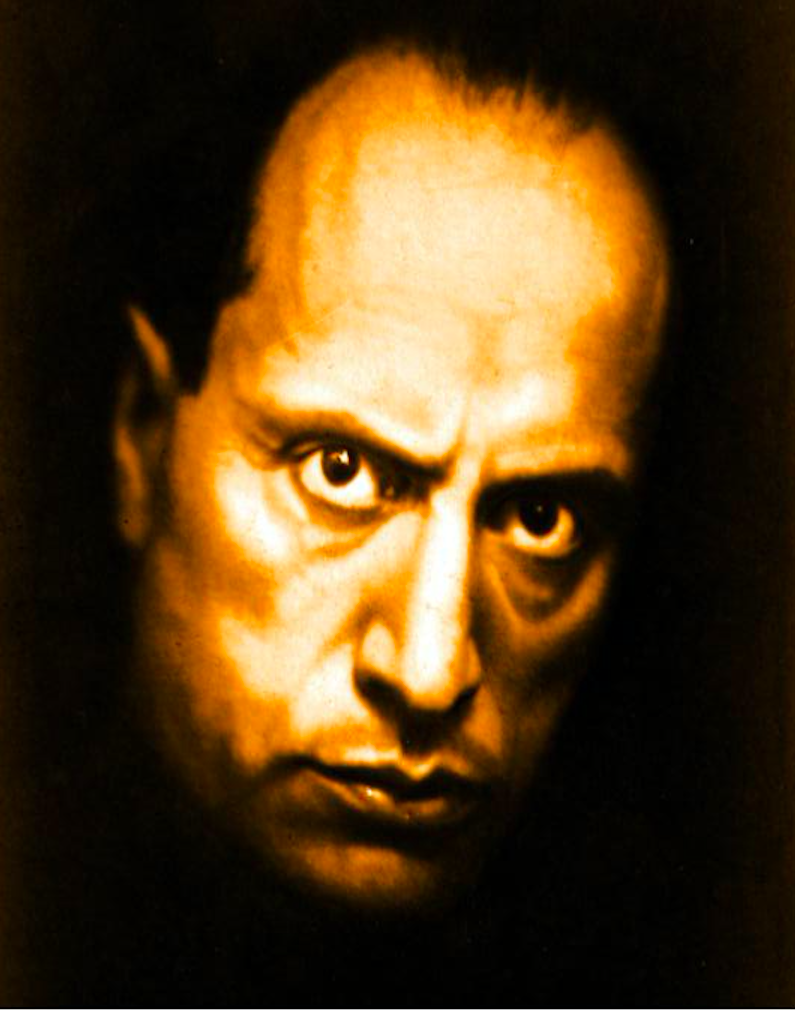
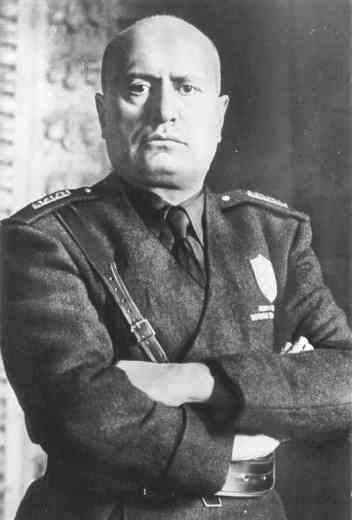
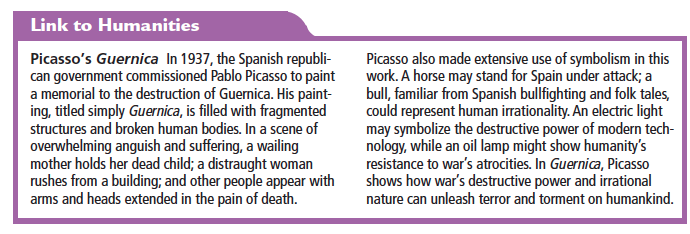
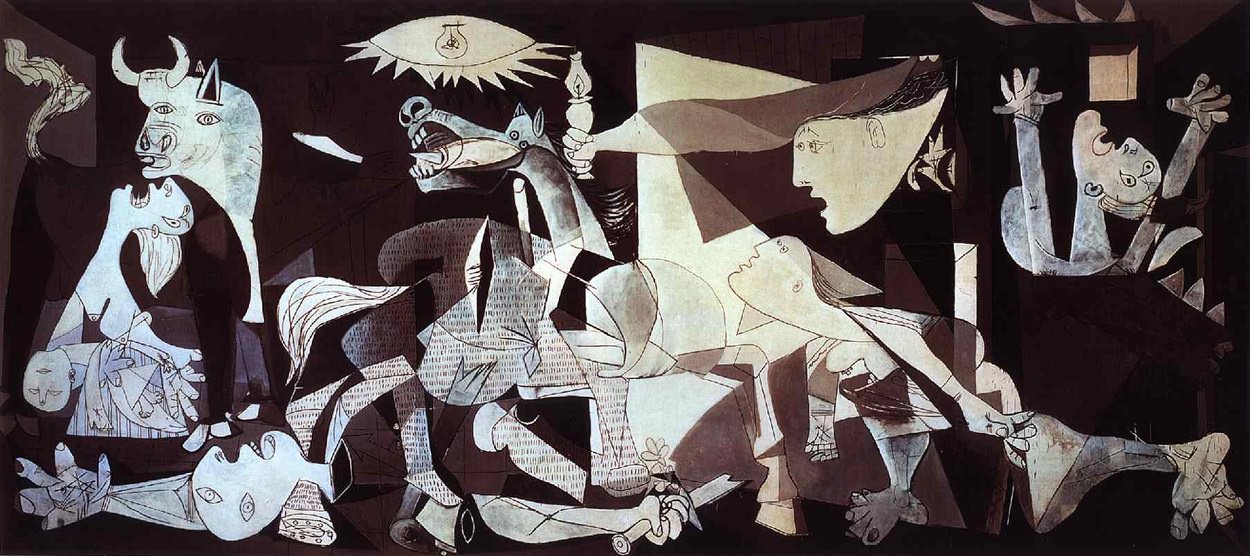
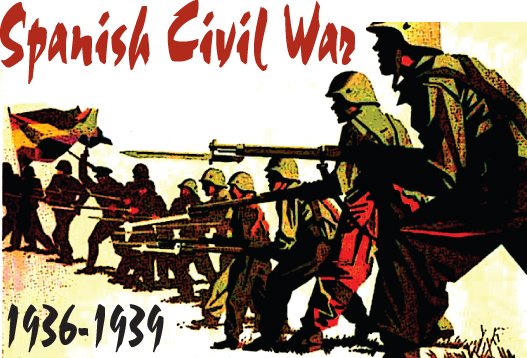
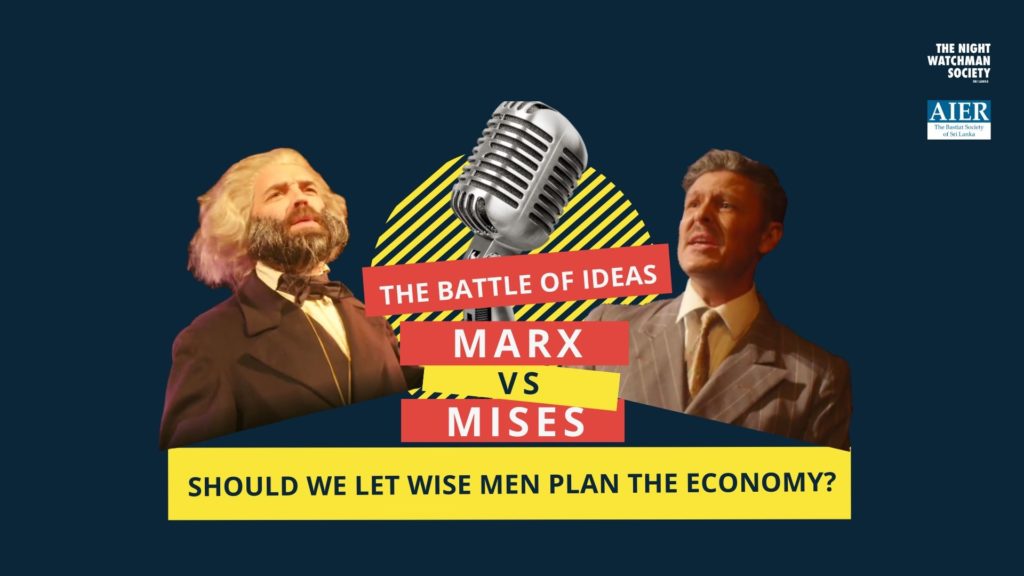
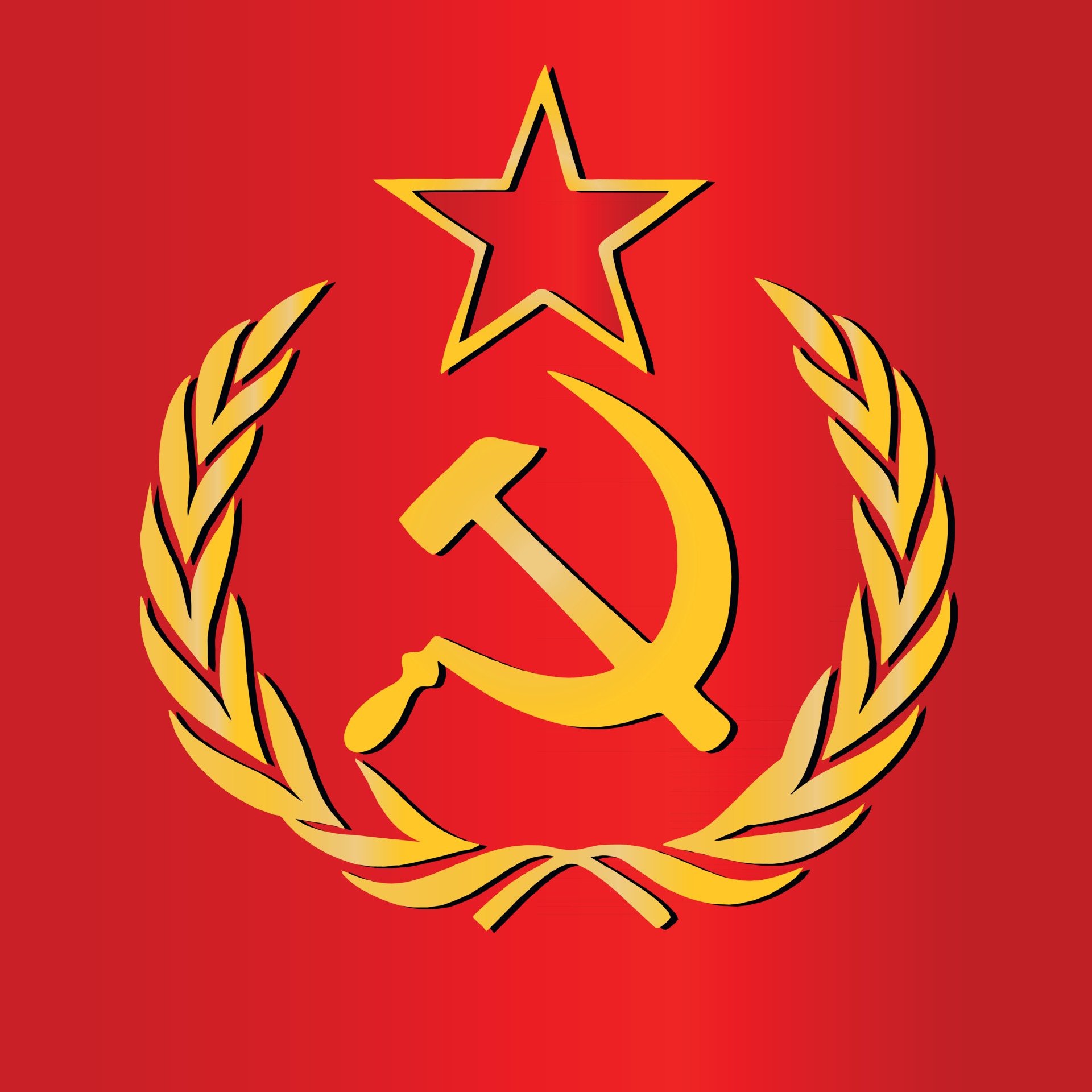
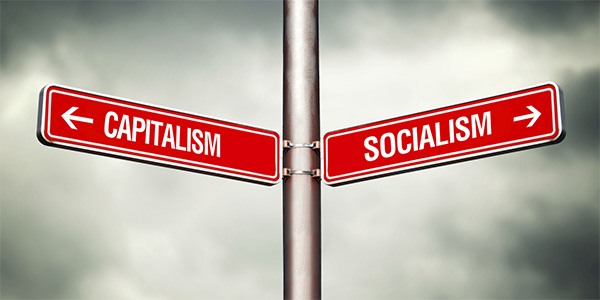
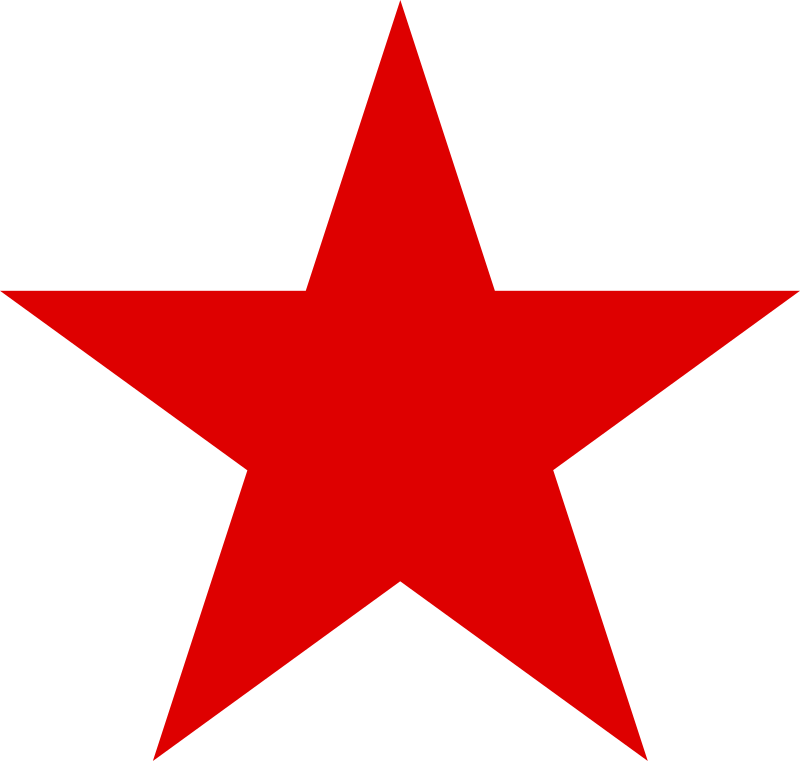
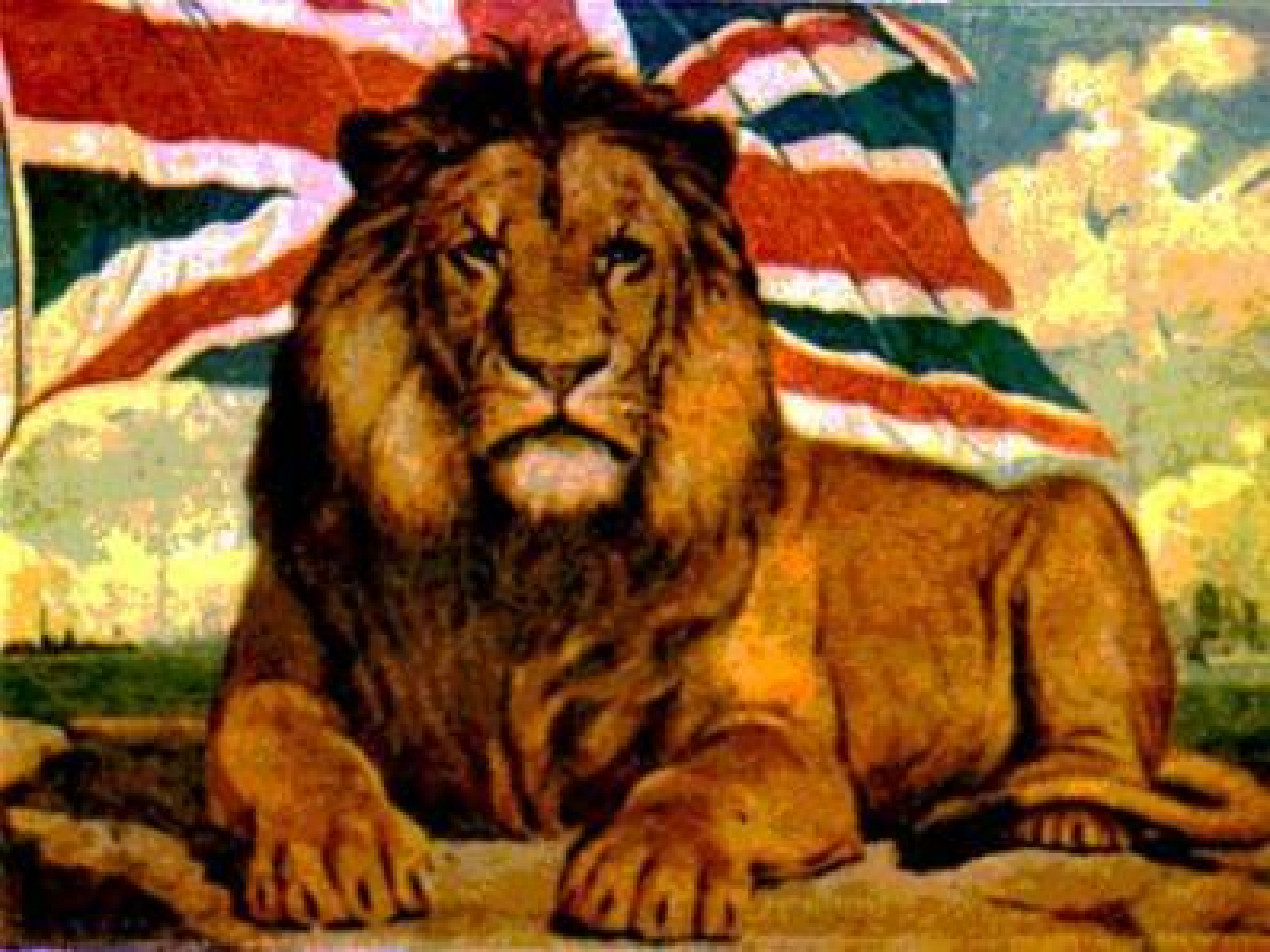
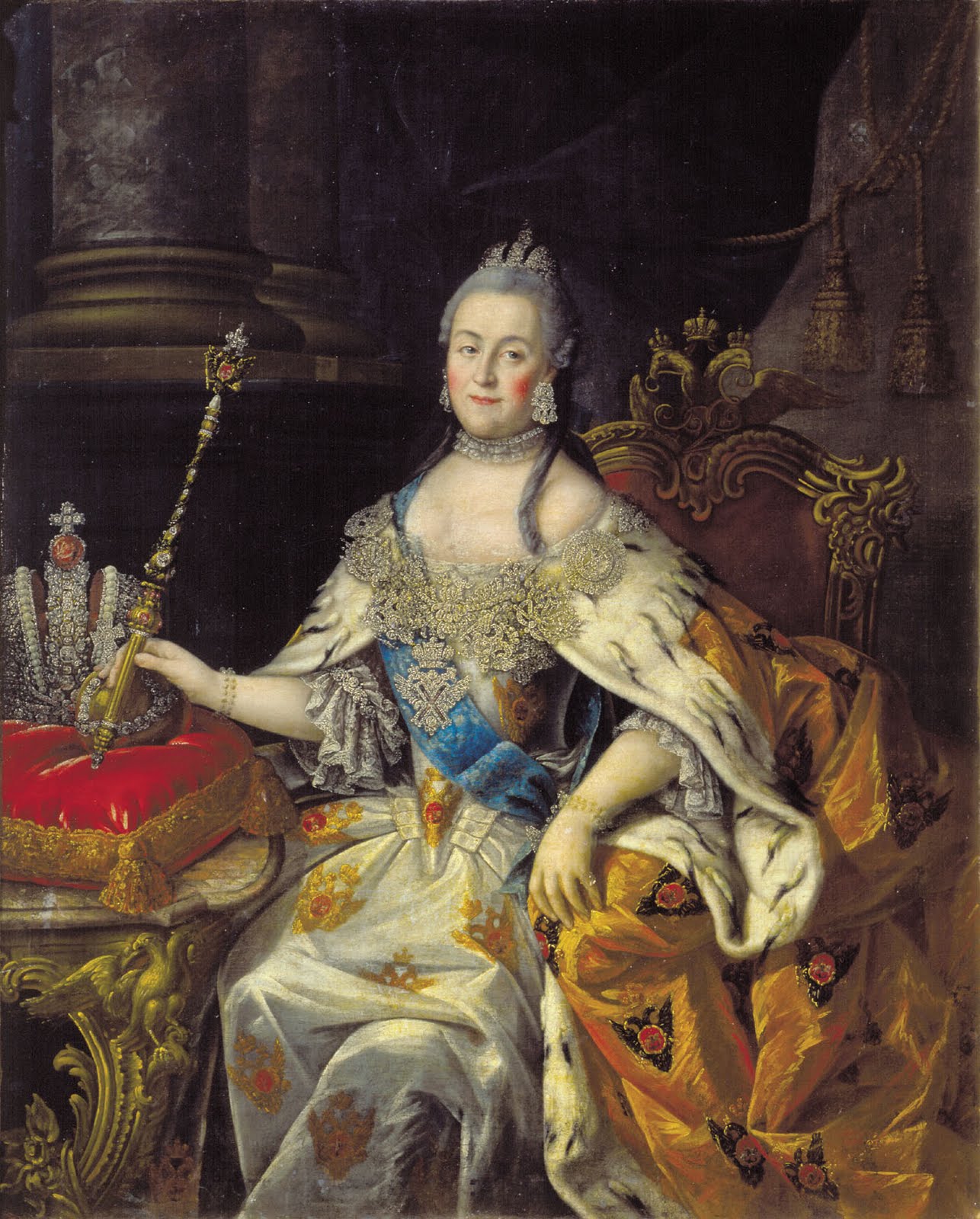
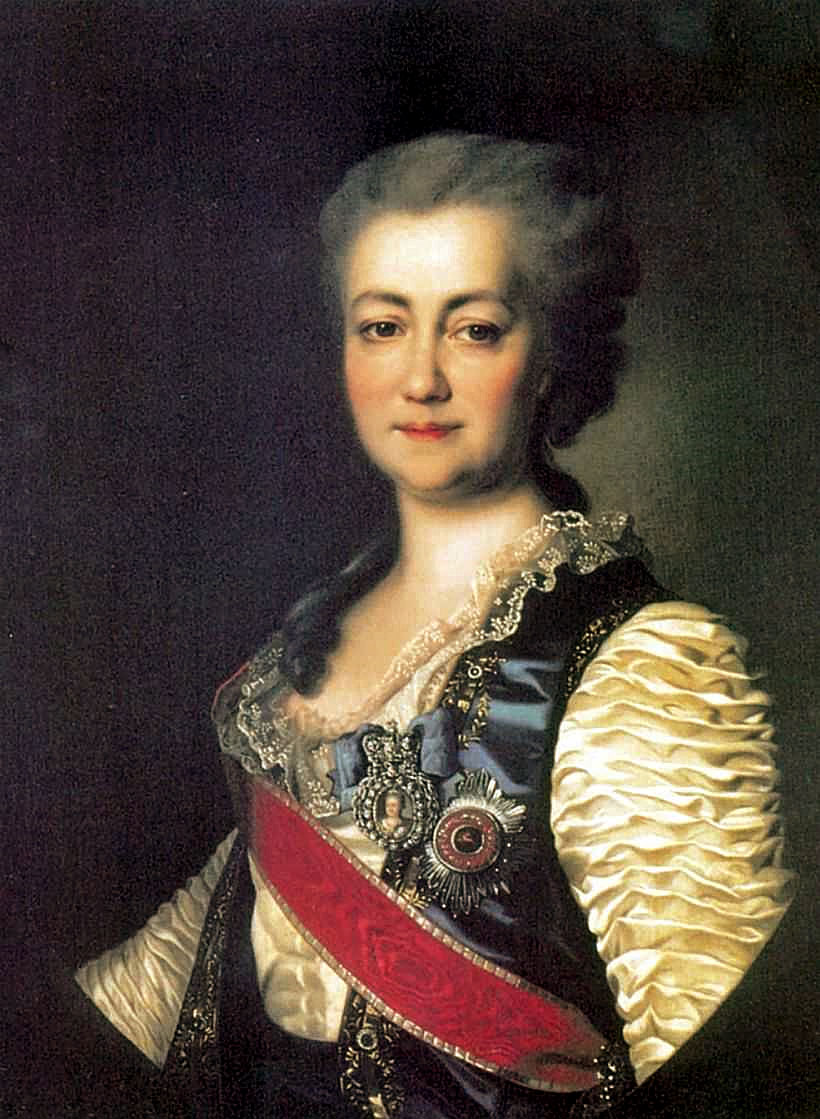
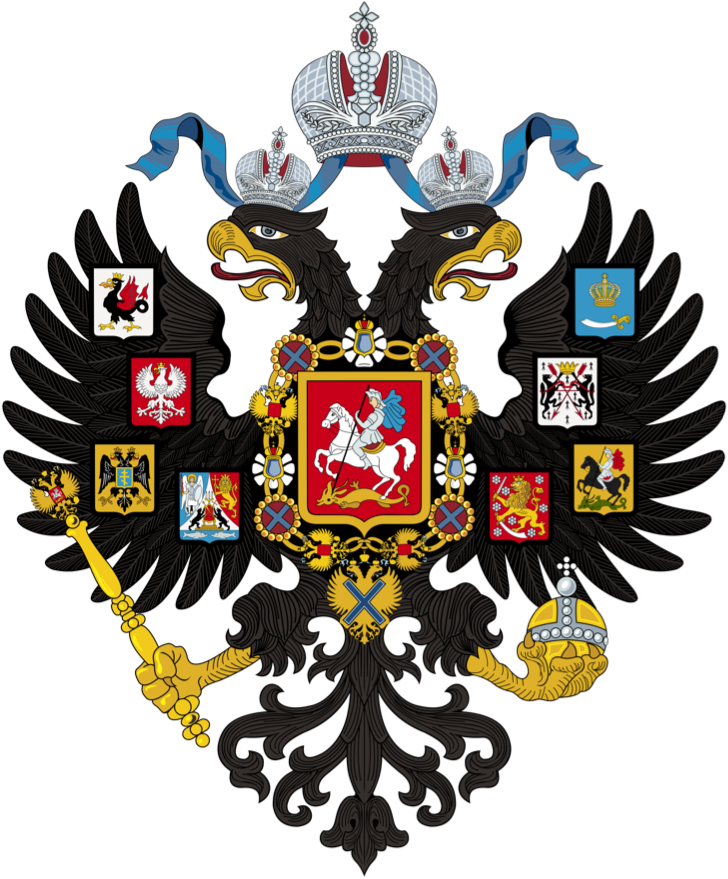
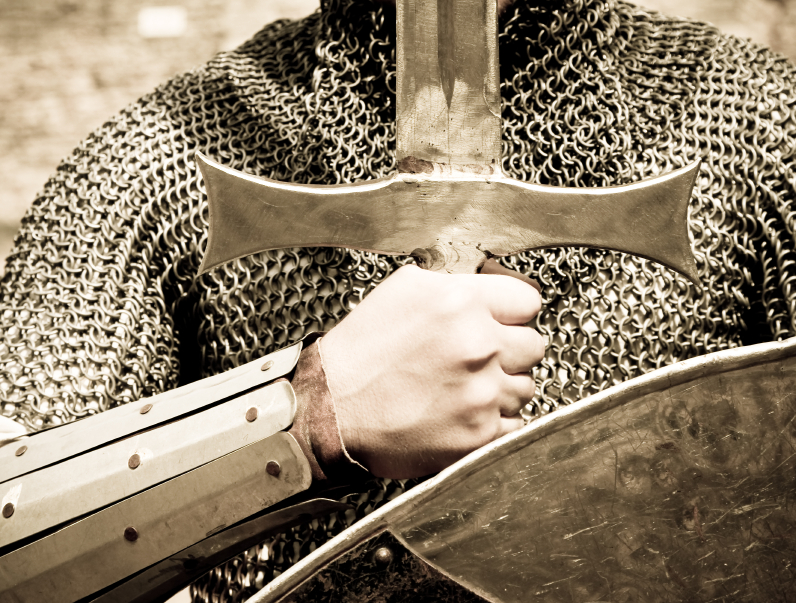
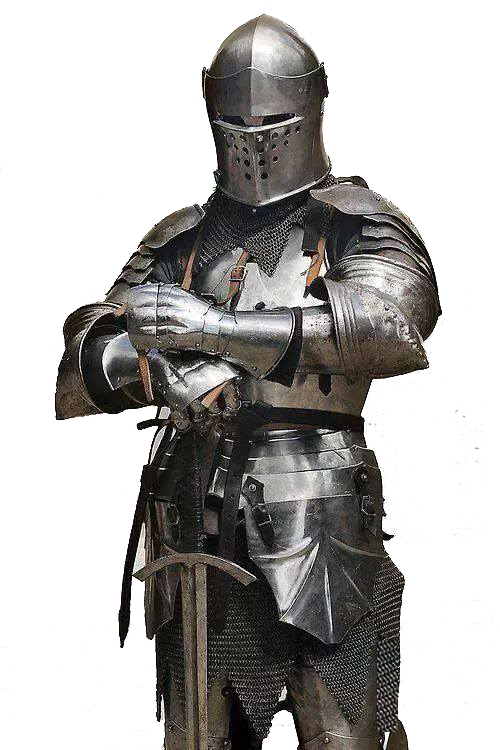
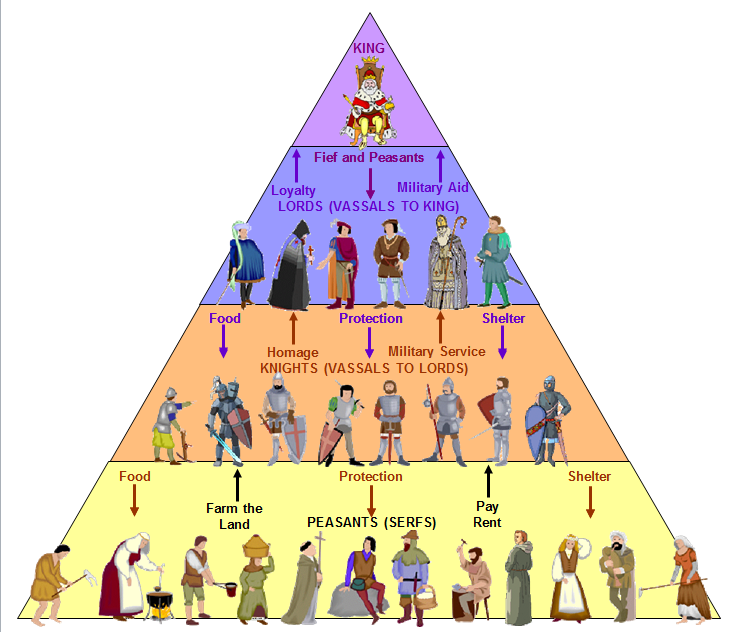
You must be logged in to post a comment.